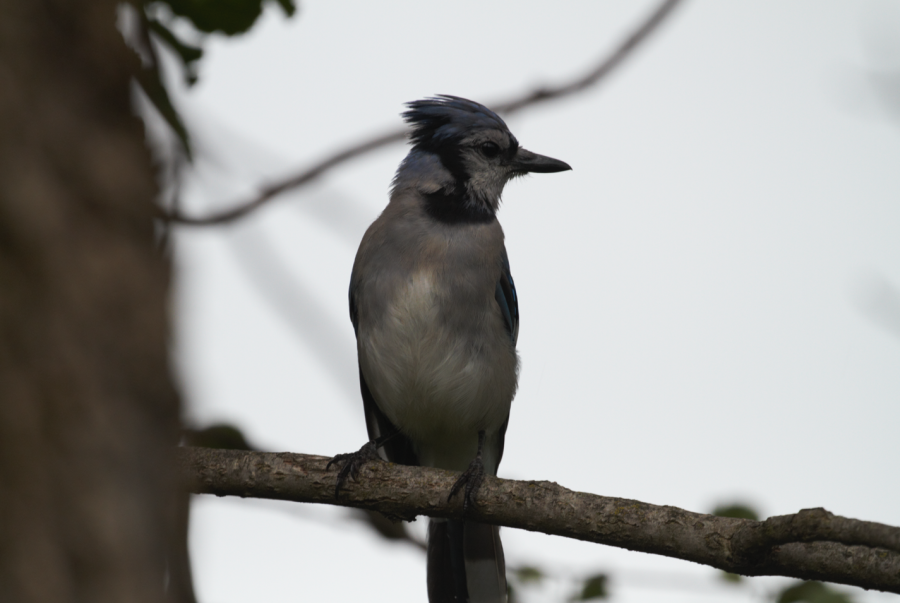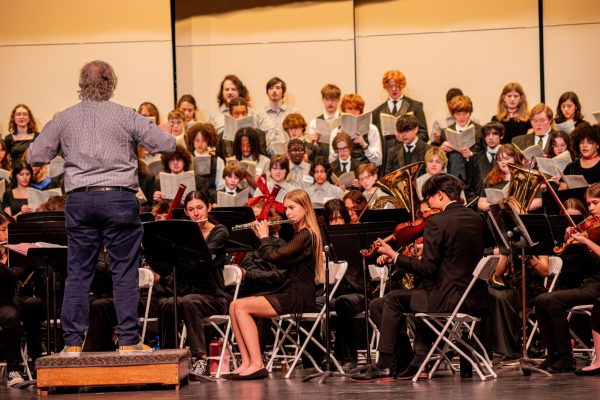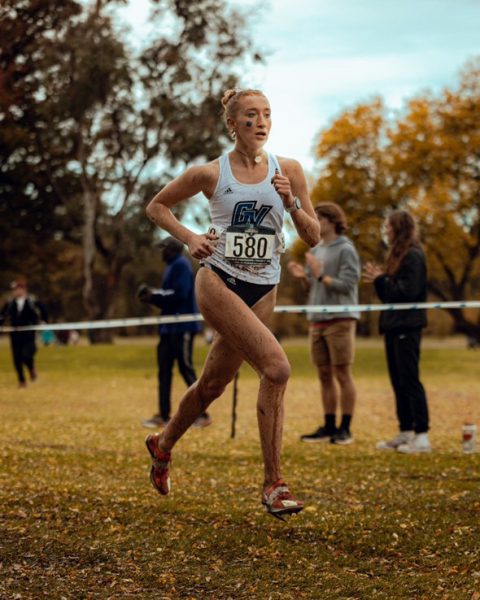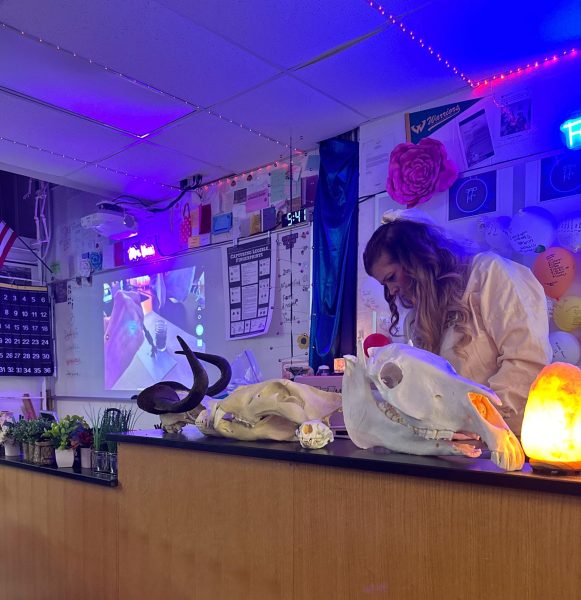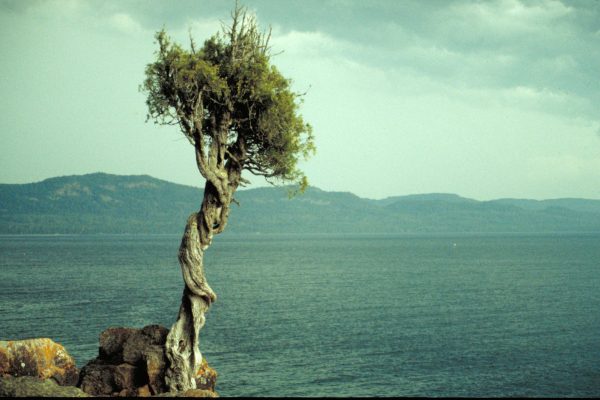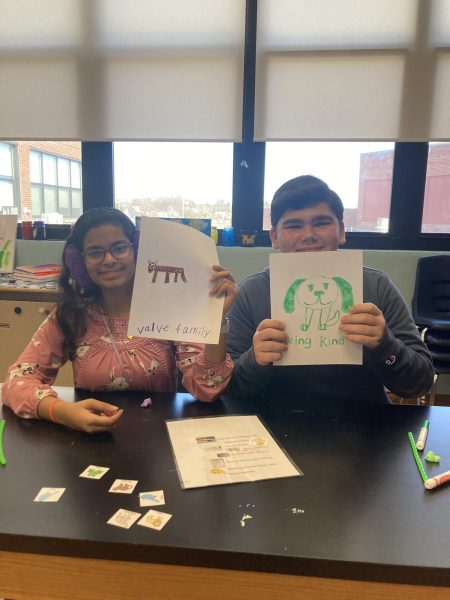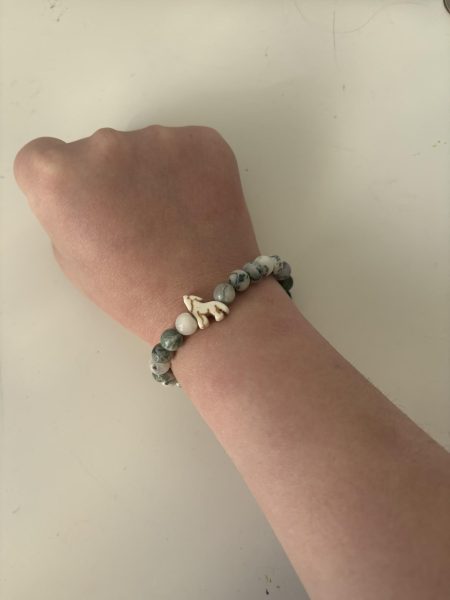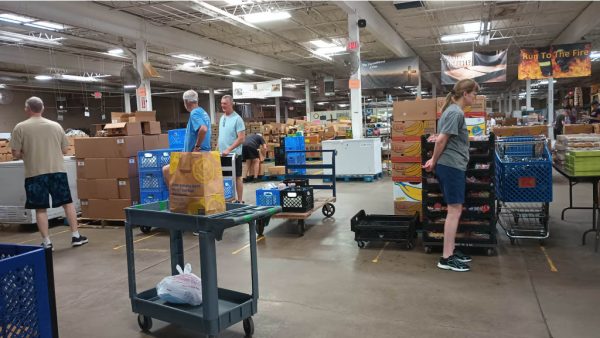Conservation efforts are working to combat the declining bird population
A bluejay glances to its left on a tree branch in Kensington Metropark.
“Even outside of Eco Club, [protecting birds] is a part of my life,” said Jaspreet Kaur, Salem student and leader of Eco Club, a P-CEP club that focuses on protecting the environment through education and volunteering.
The worldwide bird population is rapidly decreasing, but conservation efforts are working to combat the decline.
According to BirdLife International’s “State of the World’s Birds” report, half of the world’s 11,000 bird species are experiencing population declines, compared with a mere six percent experiencing population increases.
According to a study by the Cornell Lab of Ornithology, a nonprofit organization at Cornell University that studies birds and other wildlife, North America is undergoing large declines in its bird populations. Common bird species — including sparrows, warblers and blackbirds — have suffered the greatest declines.
In addition, nearly three billion birds have vanished since 1970 across the United States and Canada. Some of the main threats to avian biodiversity include the degradation of natural habitats, overexploitation of species and climate change, states “Global Bird Populations Steadily Decline” in the Cornell Chronicle, Cornell University’s official newspaper.
This loss of biodiversity represents an urgent issue to many wildlife enthusiasts. According to Kaur, some of the major unnatural causes of death of birds include window collisions, kills by house cats and habitat loss from coffee farming operations.
However, Kaur is optimistic about the impacts of individual action.
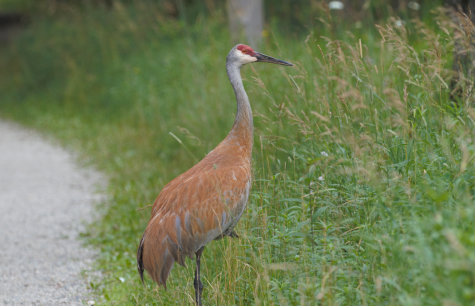
“[Bird conservation] is something that I believe in,” said Kaur. “I think if more people could learn about how cool birds are and about how much they rely on us to do our part, we could make a lot of progress.”
According to Kaur, individual action can be simple.
“You can buy window decals to stick on windows, or even just tape up newspapers. [Decals]
reflect light to allow birds to see glass better and avoid collisions,” Kaur said. “Finding fair trade coffee and chocolate makes a difference too.”
Because many North American summer birds spend their winters on coffee plantations in Central and South America, consuming fair trade coffee and chocolate — which must meet certain sustainability standards — protects birds’ habitats.
Troubles with migration pose a threat to bird populations too. According to Kaur, part of the issue stems from invasive species that do not provide birds with the nutrition they need to keep flying.
“We want to provide [birds] food that is nutritious so that they have everything they need. Setting out water and filling bird feeders are great ways to help, and they also help birds that are non-migratory,” said Kaur.
Beyond individual action, Kaur believes that one of the best ways to help combat the declining bird population is by donating to organizations and charities.
“That’s where the forefront of the fight is happening. I think donating to organizations is one of the best ways we can help, and even volunteering in some cases,” said Kaur, who volunteers with the Bird Center of Michigan in Saline, where she helps take care of injured birds.
In addition, Kaur emphasizes the importance of education and raising awareness for environmental issues such as the dropping bird population.
“We try to focus on protection from an educational perspective because when people are educated, they know what to do,” said Kaur.
In the past, Eco Club has sold T-shirts to raise money to sponsor animals at animal shelters. The club has also built birdhouses to keep ecosystems healthy.
Currently, Eco Club covers topics ranging from sustainable energy use to conservation of native species. Members perform maintenance on the rain garden near Canton High School and do a creek cleanup every year, in addition to spreading mulch every fall and spring.
Kaur has plans for the future regarding bird conservation in Eco Club. She would like to teach about birds, have guest speakers and raise awareness about the dwindling bird population.
As part of the bigger picture, Kaur thinks new policies are necessary to help the declining bird population. She says new policies should work to maintain existing bird populations.
“I think our first step is education,” said Kaur.
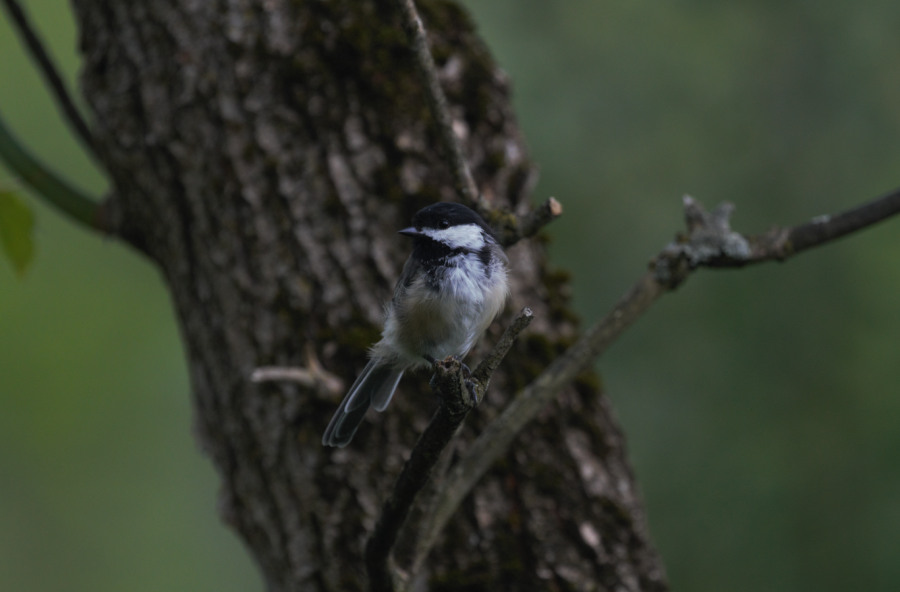
Your donation will support the student journalists of Salem High School - MI. Your contribution will allow us to purchase equipment and cover our annual website hosting costs.
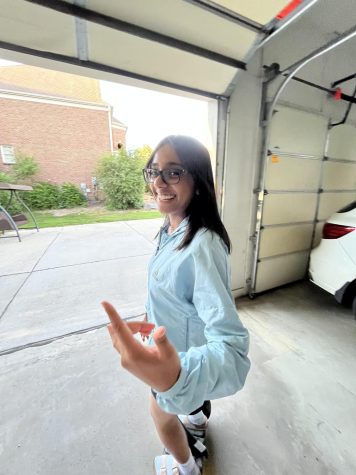
Sejal Naik is a senior at Canton High School. She plays lacrosse and loves both reading and writing. She enjoys knitting, crocheting, photography and other...


